Writers won, and sadly lost
Alexis Wright, Charlotte Wood, the death of Ray Lawler, and more in our weekly wrap of the book world.
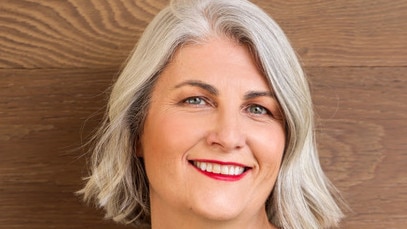
Some exciting news this week, as well as some sad news, some of which you will have seen, and all of which deserves attention.
First up, Charlotte Wood made the longlist for The Booker Prize. Her novel, Stone Yard Devotional, follows a woman who escapes her marriage and enters a nunnery. (You can read our review here.)
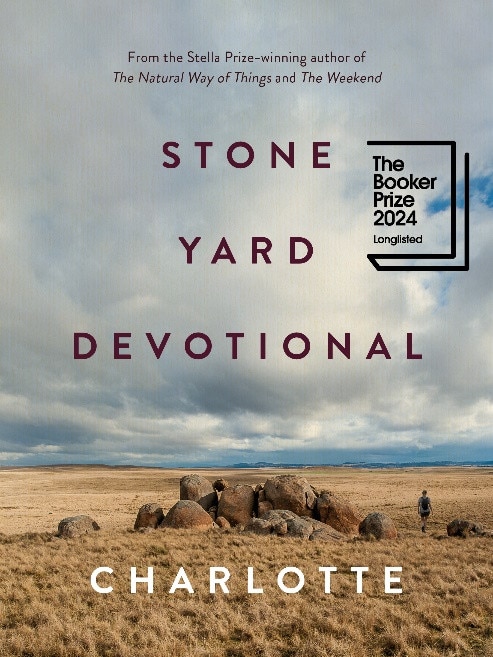
Charlotte is the first Australian to be long-listed since J.M. Coetzee in 2016 (he won the prize in 1983 and again in 1999, before he was an Australian citizen) The first Australian to win was Thomas Keneally in 1982. Richard Flanagan won in 2014. Peter Carey is the only Australian to have won the Booker twice.
No Australian woman has ever won the Booker although some have made the shortlist, including Shirley Hazzard with The Bay of Noon, Michelle de Kretser with The Lost Dog, and Kate Grenville, for The Secret River.
Now, it’s worth noting that Charlotte is published by Jane Palfreyman, who moved from Allen & Unwin to Summit at Simon & Schuster, earlier this year. They remain great friends. Palfreyman was first to congratulate Wood, saying: “Massive congratulations to my dear friend.” Charlotte replied: “All down to you, you utter legend, thank you!”
Nobody would be surprised if Charlotte followed Jane to Summit; she won’t be the only one to go, either, since Jane is adored by her authors.
We should probably also note that many people were surprised when Charlotte’s book - now feted as one of the best English language novels in the world in 2024 - didn’t make the shortlist for The Stella Prize, which is for women’s writing in Australia. (Anna Funder’s book, Wifedom, didn’t make the Stella shortlist either, which also saw eyebrows being raised around town). It’s a tricky thing to talk about: why do some books get on shortlists, while others miss out? Nobody wants to be accused of sour grapes. Nobody wants to take anything away from those who did make the shortlist, but it would be remiss of me not to make note of the fact that people did notice when both Anna Funder and Charlotte Wood missed out.
■ ■ ■
Who did win the Stella? Alexis Wright. You probably saw the big news: she also won the Miles Franklin this week, meaning she’s now won both of the prizes with the great author’s name on them, and she’s won both of them twice.
Wright’s novel, Praiseworthy (Giramondo) is a beauty. If you are reading this online, you can find our wide-ranging interview by Rosemary Neill, in which Wright says she contemplated “destroying the manuscript she sweated over for year.”
In the announcement, Perpetual, which serves as trustee of the prize on behalf of the estate of Stella Miles Franklin, who wrote My Brilliant Career, said there were “ thrilled to announce Alexis Wright has won.” She joins a distinguished group of two-time winners including Michelle de Kretser, Kim Scott, Thomas Keneally and Patrick White.
Alexis won the 2007 award for her novel, Carpentaria. She said: “To win a Miles Franklin a second time is monumental. I wanted to make Praiseworthy a big book in more ways than one. I wanted to capture the spirit of our times.” Due to some rather brilliant scheduling, you’ll be able to see Alexis at the Bendigo Writers Festival in August. They’ve planned the most magnificent closing event, in which she’ll be speaking to Kate Grenville. Both writers are recipients of the Creative Australia (Australia Council) Award for Lifetime Achievement in Literature. Alexis will then be in conversation with Stella 2024 judge Yves Rees.
■ ■ ■
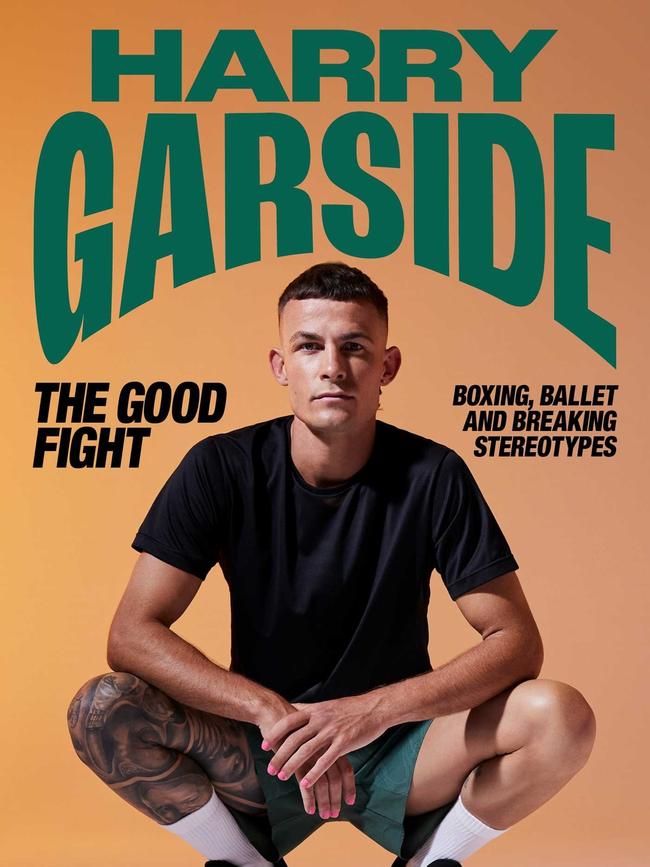
I know that some of your bedtime reading has been replaced this past week by the Paris Olympics, and some of you may have seen Olympian Harry Garside, who cried tears of sorrow as he bowed out of the boxing, winning hearts if not medals in the process.
His publisher, Simon & Schuster, put out a statement as his tears went viral, saying: “We are beyond proud of our author and Olympian Harry Garside. He is a true champion whose passion, honesty and integrity have been on full display for the world to see this week. We congratulate Harry on his herculean achievements.”
His book is called The Good Fight. According to the blurb, “Harry opens up about his remarkable journey with wit and wisdom, and offers a refreshing perspective on masculinity ... He’s a true role model, a champion and a beautiful human.”
You’ll be able to meet Harry at his book events at the Chirnside Park Football Club, Lilydale, on 20 August, and at Manly Library on 28 August. Go online for tickets.
■ ■ ■
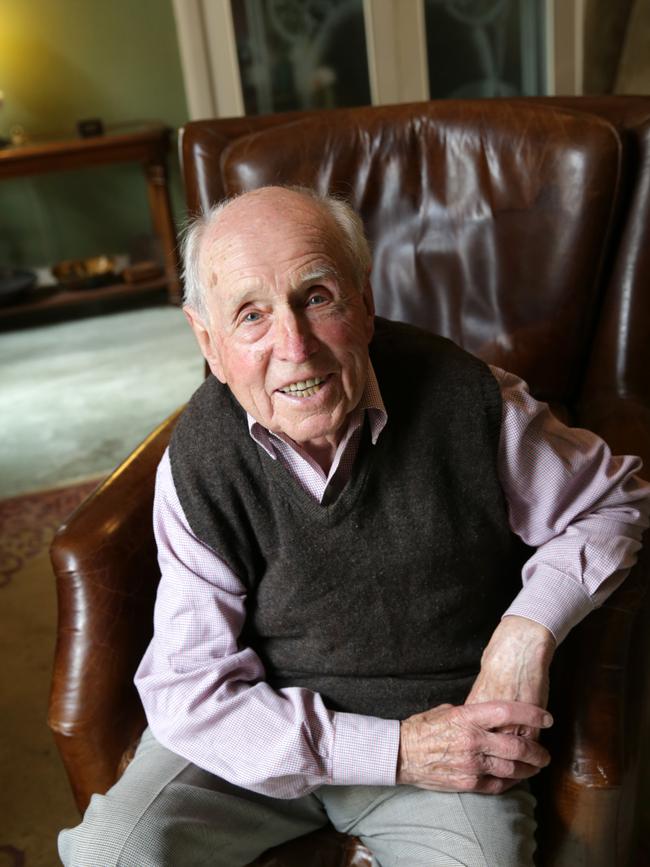
The playwright Ray Lawler, who wrote the sublime Summer of the Seventeenth Doll, died last week. He was 103. My colleague, Alan Howe, wrote a fine obituary for our paper from which I now quote:
“His famous play, set in the then-working class suburb of Carlton in 1953, revolves around an annual trip down south by two robust sugarcane cutters … The characters were working-class Australians speaking in the vernacular that was familiar to us all, but which rarely made the stage.
“It was an immediate success, first being performed in Melbourne, quickly moving to Sydney and then on to London, the first Australian play to be performed internationally. Lawler played one of the shearers, Barney Ibbot, here and in London, where the cardboard king Richard Pratt played another of the roles.”
Not everyone knows that Pratt was an actor before he became a billionaire, but it’s true.
Lawler was born to working class parents in Footscray on May 21,1921. There were eight children in the family. He left school to work as a labourer in a local factory aged 13. He stayed there more than a decade, but never gave up his desire to write. The marvellous Graeme Blundell worked alongside him at the Melbourne Theatre Company in the 1980s, and said in his tribute: “We occupied adjacent offices and Ray loved a chat. A veteran actor, he understood that telling stories is our way of keeping alive the glories and miseries of our calling. He still had an actor’s ways, his voice easily shifting into accents and impressions, and the atmosphere around him was always convivial and inquiring.”
Lawler died on July 24. He is survived by his wife Jackie Kelleher, twin sons Adam and Martin and daughter Kylie.
■ ■ ■
Also this week, the death of Irish writer Edna O’Brien, 93, about whom Sam Neill said: “I got to know her a little bit, years ago, as one of my early films was The Country Girls. She was funny, charming and told great stories. And of course, she wrote great books.”
The Country Girls, and two sequels, were initially banned in Ireland, for their frank exploration of female sexuality.
O’Brien, who was born in rural County Clare in 1930, told reporters over the course of her life that she had felt suffocated by her education by nuns, which is why she moved to London, to write.
She was active on the literary circuit as recently as three years ago, when she gave the TS Eliot lecture on Eliot and James Joyce for Dublin’s Abbey Theatre, and won the South Bank Sky Arts award for literature for her novel, Girl, based on the plight of the girls kidnapped in Nigeria by Boko Haram.
■ ■ ■
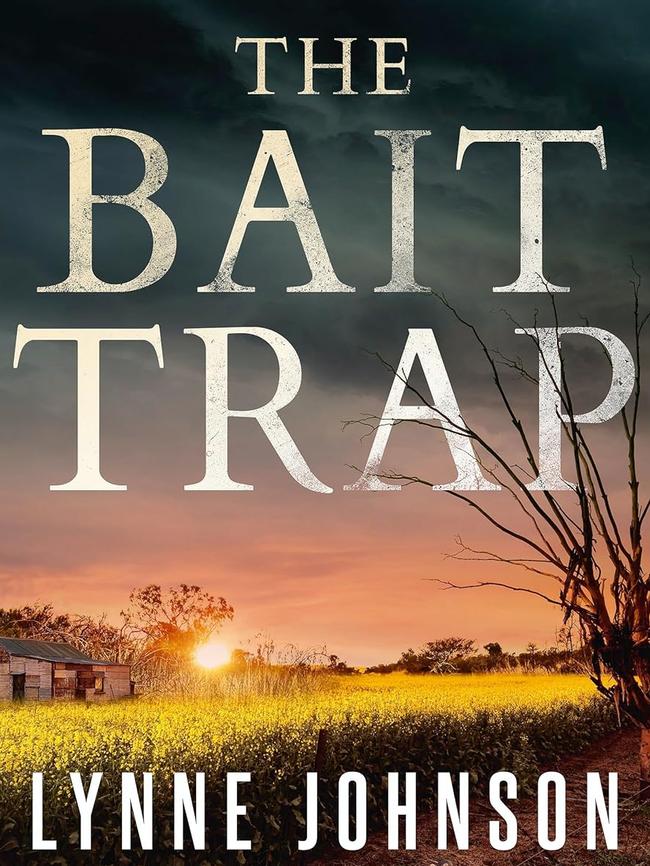
In happier news, I can report that the Southern Highlands Writers’ Festival was a great success. I was lucky enough to be invited, and interviewed by the director, Michaela Bolzan, who is herself a writer, as well as a producer, director and occasional actor. This was her eleventh festival (she’s also been artistic director of the Rose Scott Women Writers’ Festival and the Canberra Writers’ Festival) and her warmth and happiness pervades every session.
I was thrilled to catch up with some old friends while I was there, among them Kerrie Douglass. Some readers will remember that Kerrie was involved with The Charlotte Project, which raised money for a bronze statue of Charlotte Atkinson to be placed in Berrima. As we reported at the time: “Charlotte set out alone from England in 1826 to work as a Governess for the Macarthur family in the new colony. She fell in love with and married wealthy agriculturist, James Atkinson … when he died suddenly, Charlotte was left with four small children and a vast estate to manage. She survived a brutal ambush by a local bushranger, a disastrous and abusive second marriage and won a landmark court battle to retain an income and custody of her children. She wrote and published Australia’s first children’s book, A Mother’s Offering to her Children, which became a bestseller.”
They are now working on a new project to honour a local poet. Details to come.
I was likewise chuffed to see gentleman farmer Ross Coulthart, formerly of Sixty Minutes, who is now doing deep dives into unexplained aerial phenomena (UAPs) to other mysteries. I loved his book, In Plain Sight, which takes seriously the idea that governments don’t tell us everything they know about alien life. I mean, the US government has only recently admitted that startling video footage allegedly captured by the United States navy is in fact authentic. You can find his podcast, Reality Check, here.
I was extra happy to see one of our literary critics in the audience, as well as Lynne Johnson, who gifted me a copy of her remarkably well designed debut, The Bait Trap, about John Judd, who goes missing in a bush town, with all roads leading a sink hole, but can a man really disappear into the earth? It’s about family secrets, and features a cop reeling from separation and newly sober … all of which is to say, congratulations! It looks awesome.
Two friends from book club were also there. It can be quite daunting to address a room, and it’s always so nice to see a friendly face, so thank you for coming. Plus I received a gift for attending from Mrs Oldbucks Pantry, Berrima. If you don’t know it, well, it was once a jam shop, and it’s now a charming store, containing a “treasury of tasty treats … teas, preserves, olive oils and dressings, fruit and nut butters, chocolate and sweet delights … and the list goes on.” Most of the treats are local, and I can’t wait to eat all of them.
■ ■ ■
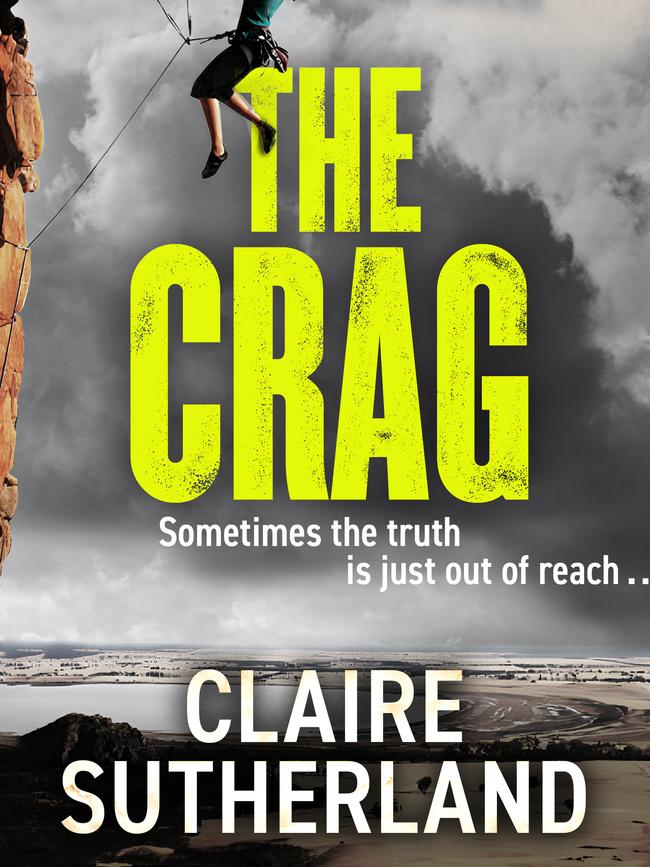
Today’s pages: don’t miss the review of Fiona McFarlane’s Highway 13. It is a collection of short stories, and I’ve raved about it once already on Instagram, but it really is an astonishing achievement. Every story is in some way connected to the idea that a serial killer called Paul Biga once roamed a remote Australian highway but none of the stories are about him. One is about an actor, who dons a fat suit to play him in prison; another is about a man who happens to share his name; another is about some truly stupid podcasters who do an episode on him; another is about a female detective who worked the case, and so on. I loved the one set in the ocean pool, and the one set in Rome; I loved the one with the little trick or treaters ... look, I could go on, but really, just get this book, you won’t regret it. Please don’t miss the review on page 13, either. It was written by Claire Sutherland, who has her own book out, and it’s a ripper. It’s called The Crag. It’s a thriller set in the rock climbing community, and since she’s a climber as well as a writer, she gets all the details right. Please enjoy the 44-line poem by the winner of the 2021 Prime Minister’s Award, Gavin Yuan Gao, Samuel Bernard’s Notable Books, and much more besides.



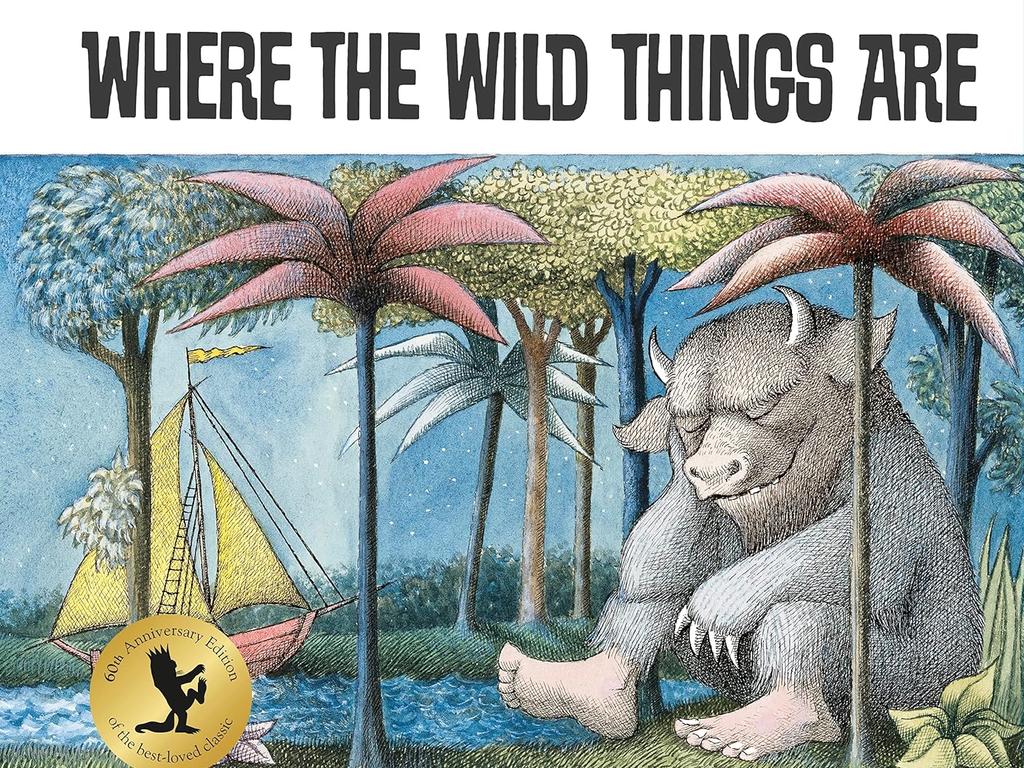



To join the conversation, please log in. Don't have an account? Register
Join the conversation, you are commenting as Logout